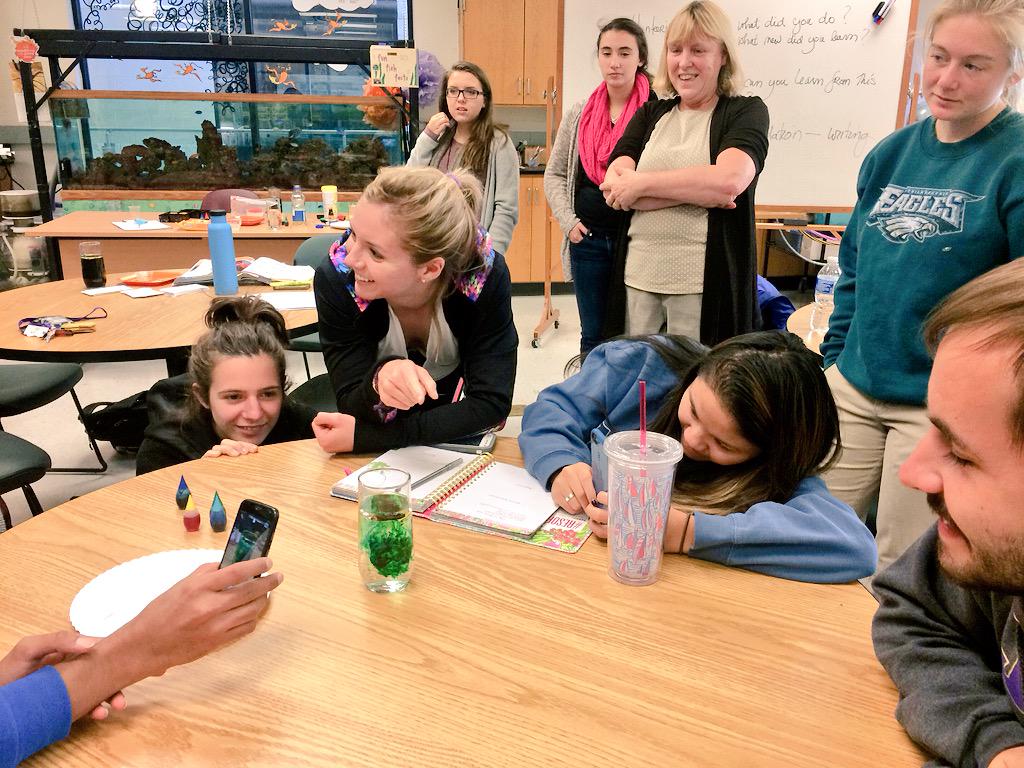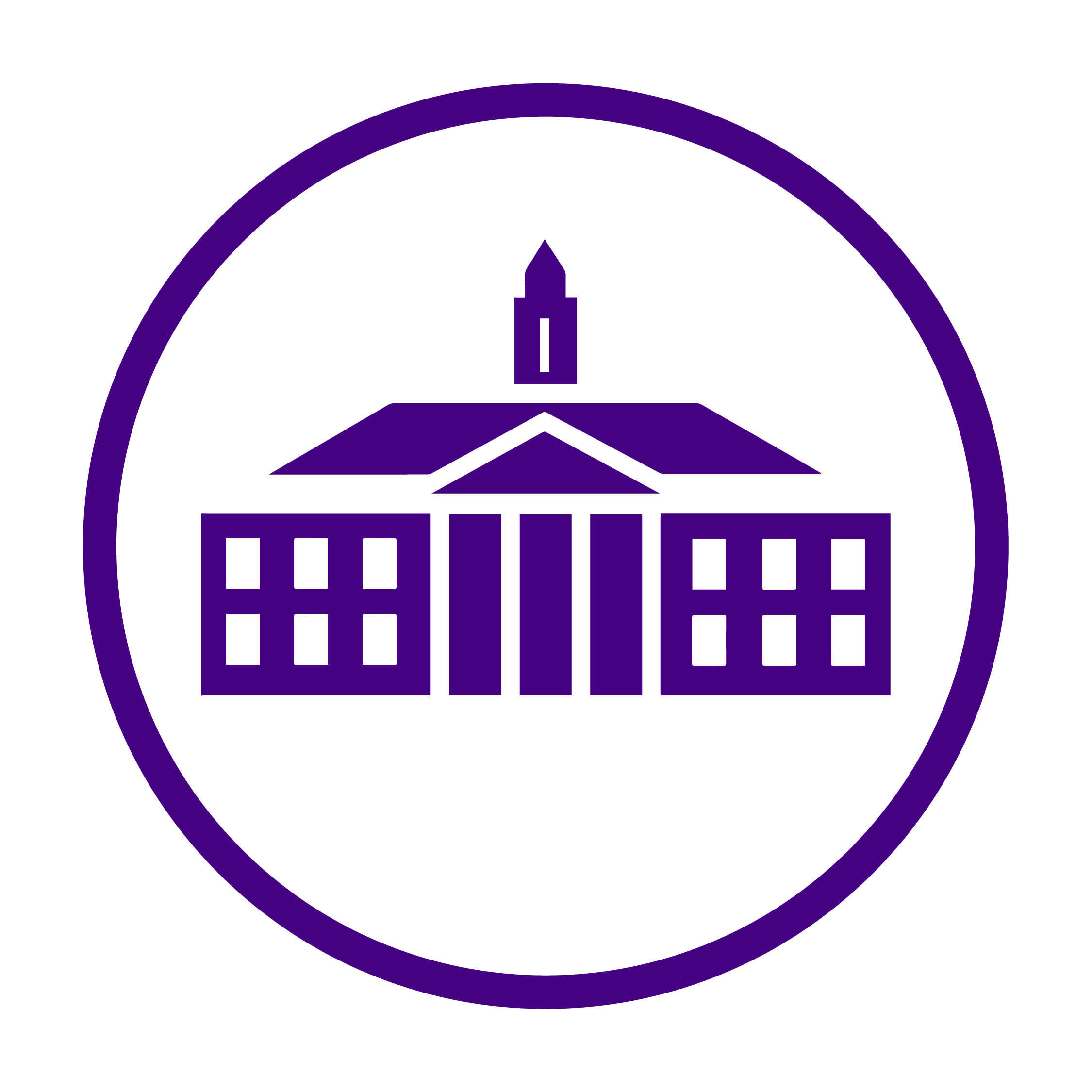When I was a senior in high school, spending my days researching every school I may even consider applying to, JMU immediately stuck out to me. When I went on my first tour, those initial butterflies proved to be true and I knew I wanted to come here. People have all sorts of different reasons for choosing their dream school, whether it be the beautiful campus, perfect major, or even the delicious food. While all of these characteristics helped me make my decision, one of the primary reasons I chose JMU, and one of the reasons many people probably don’t think of, is for the Honors Program. People warned me that the transition between high school and college wasn’t always easy, so I figured by surrounding myself with other motivated students, I would be setting myself up for a great path throughout my four years.

As a sophomore, I can confirm that this is true; I have had so many incredible learning opportunities already, such as smaller, discussion-based classes as well as a leadership seminar taught by Professor Charette and President Alger, just to name a couple. The Honors Program at JMU has so many facets, though, and is incredibly multidisciplinary, so I sat down with Dr. Bradley Newcomer, Director of the Honors Program, and Dr. Philip Frana, Associate Director of the Honors Program, who together have over 20 years of experience in honors, in an effort to better explain to the rest of JMU and the world what the Honors Program is in all of its glory.
The Honors Program is trying to preserve the broad perspective of learning; it’s so easy to go into our niches and to lose track of what the big picture is. Honors students work together to solve big picture problems. The benefit of this collaboration is that different worlds, majors, and disciplines are colliding to complete multidisciplinary projects. There are small classes in which students are encouraged to openly discuss topics and co-facilitate/lead the class in an effort to prove that education can and should be participatory. Learning is based on depth, breadth, and community. An example of the breadth of opportunities available is that students can focus on an area of emphasis in leadership, research, creativity, global studies, or service. Honors students are engaged in learning, engaged in life, and are looking to create tomorrow’s leaders today.
If you want to have a unique education experience in which you actively participate in your learning as well as the ability to work with a community of scholars to create your own pathway, you should apply to be in the Honors Program.

